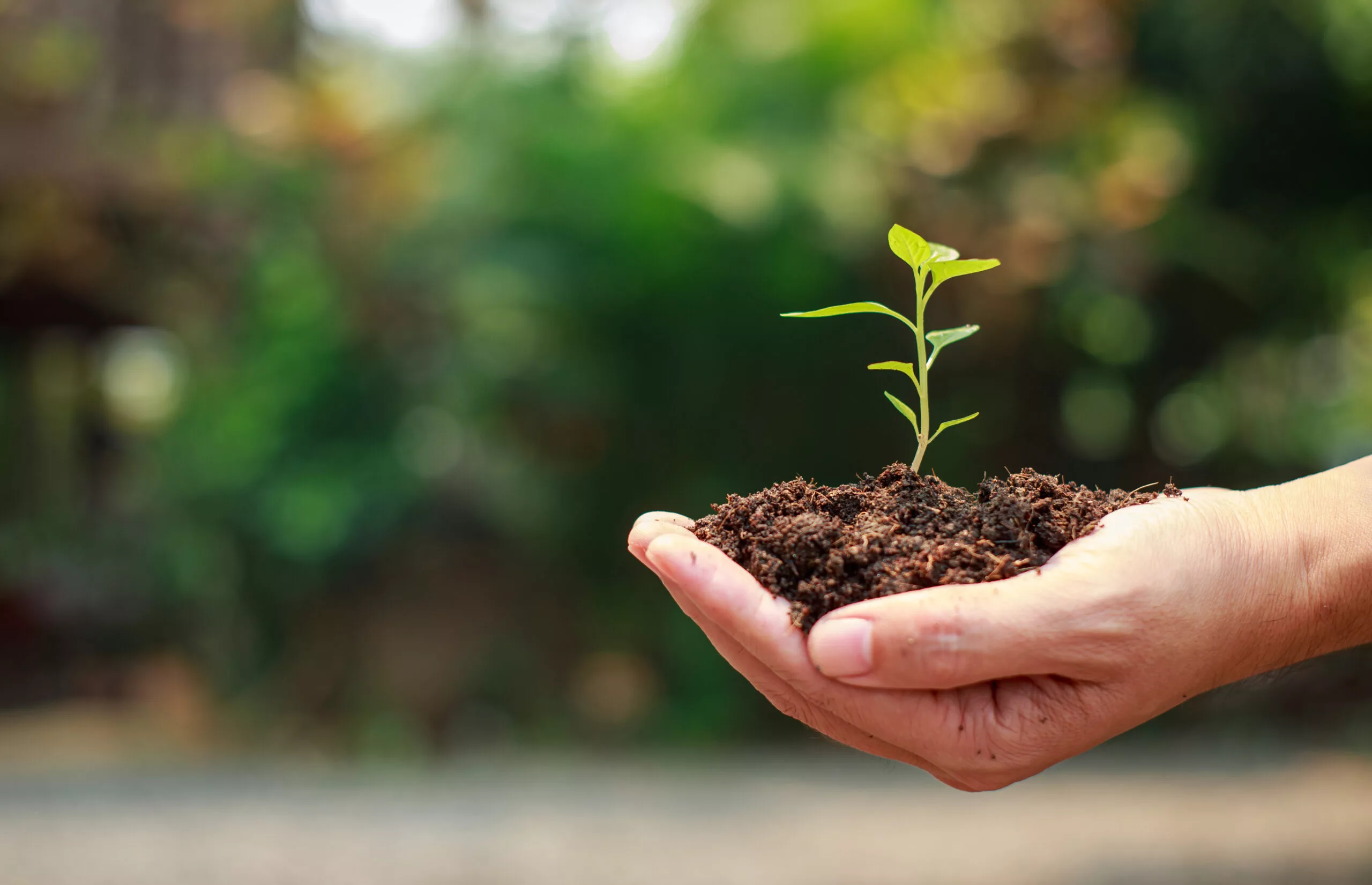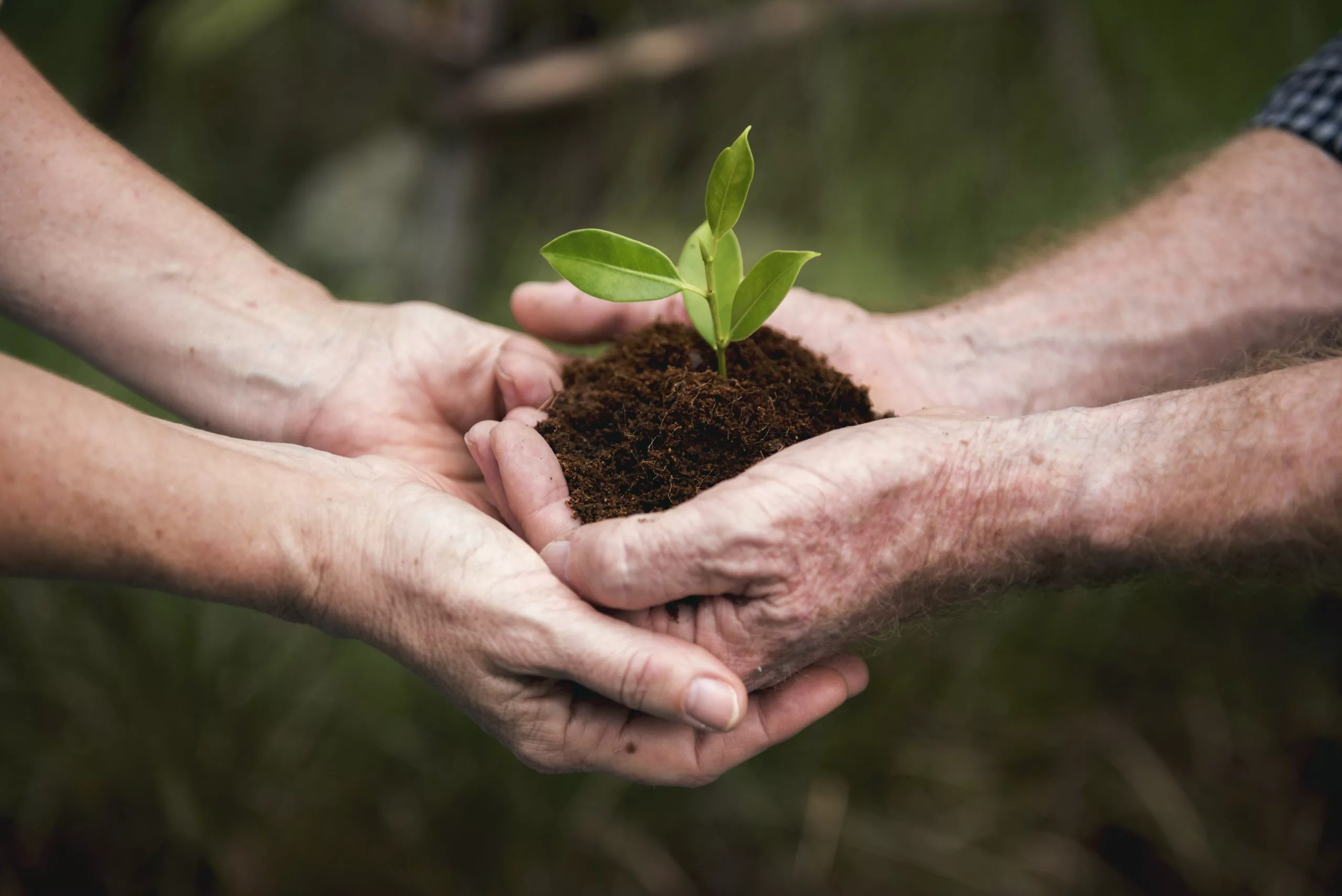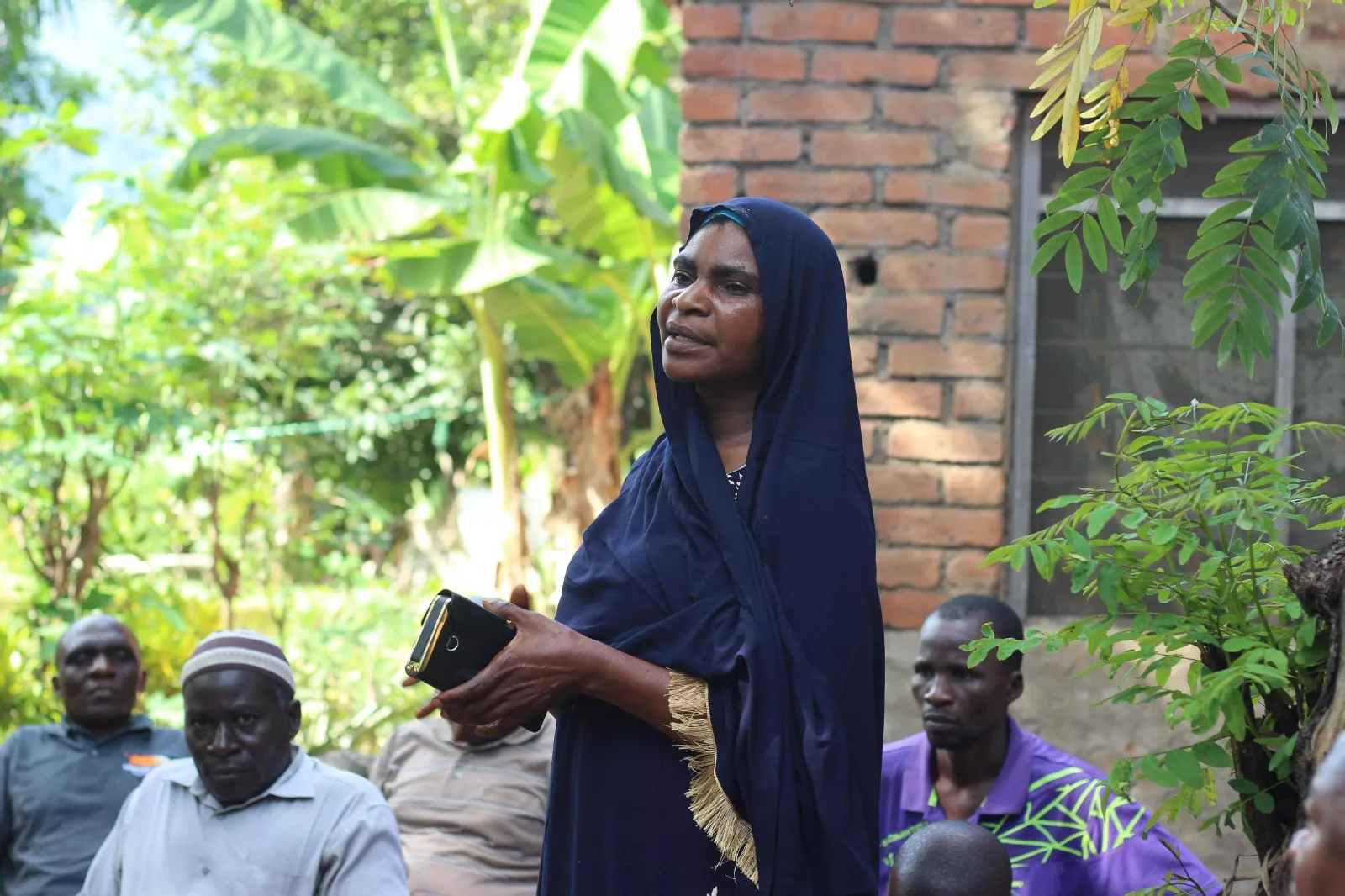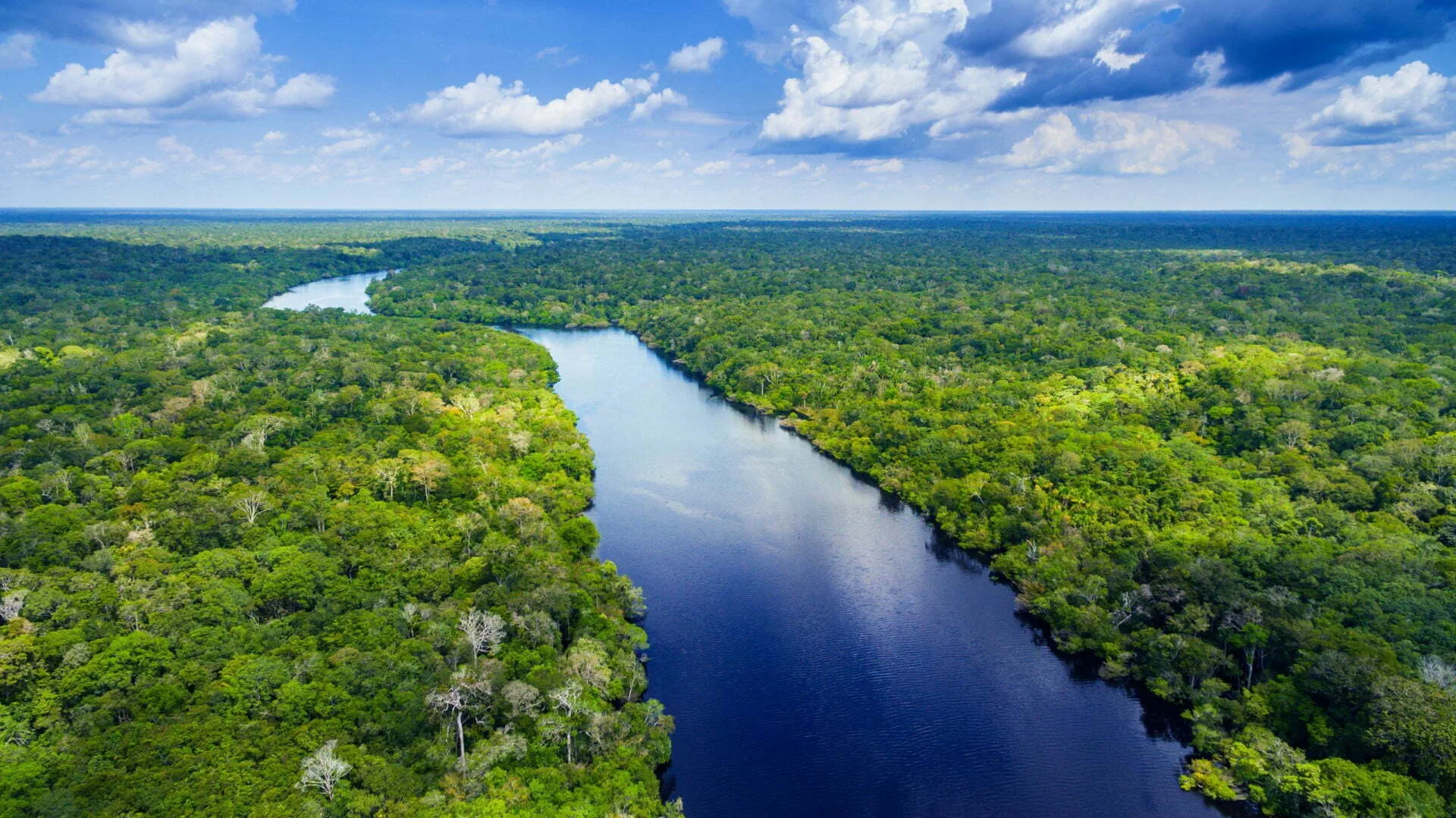
The Amazon 4.0 Project (Projeto Amazônia 4.0, in Portuguese) is about to operate, the first quarter this year, the first state-of-the-art biofactories to benefit agricultural products, such as cocoa and cupuaçu, from local farmers in Balterra city, Amazon state.
The project is mainly financed by Innovation Laboratory of the Inter-American Development Bank and has support from Arapyaú, Natura founder Guilherme Leal, Instituto Humanize and Instituto Clima e Sociedade (ICS), in addition to the Good Energies Foundation (GEF).
Conexus, a non-profit organization, and Industry 4.0 consultancy De Mendes have developed the structure that will be able to add value into local products.
With R$ 5 million investments, the unit will use automation and IoT (Internet of Things) in order to classify cocoa beans according to international standards, among other tasks. Cacoa is the main raw material for chocalate production.
Amazon region already produces more cocoa than Bahia, a traditional reference on that product. On the other hand, Cupuaçu is a typical fruit of the Amazon region.
The Amazon 4.0
The Amazon 4.0 Project aims to stablish a disruptive and innovative operational concept based on bio-economy. The initiative wants to be a “third way”, combining 4.0 technologies and bioeconomy.
This model can preserve Amazonian biodiversity and, at the same time, offers economic opportunities to benefit several value chains, such as cocoa, cupuaçu and Brazil nuts, among others.
The initiative will share knowledge to local farmers to ensure businesses maintenance, as well attract companies from all over the world to operate in harmony with the forest and its people.
“We will offer training, strategic planning and innovative businesses an inclusive bio-economy. All of this is driven by the rich biodiversity and in tune with the ancestral knowledge of communities”, highlights Ismael Nobre, co-leader of the project and PhD in Human Dimensions of Natural Resources.

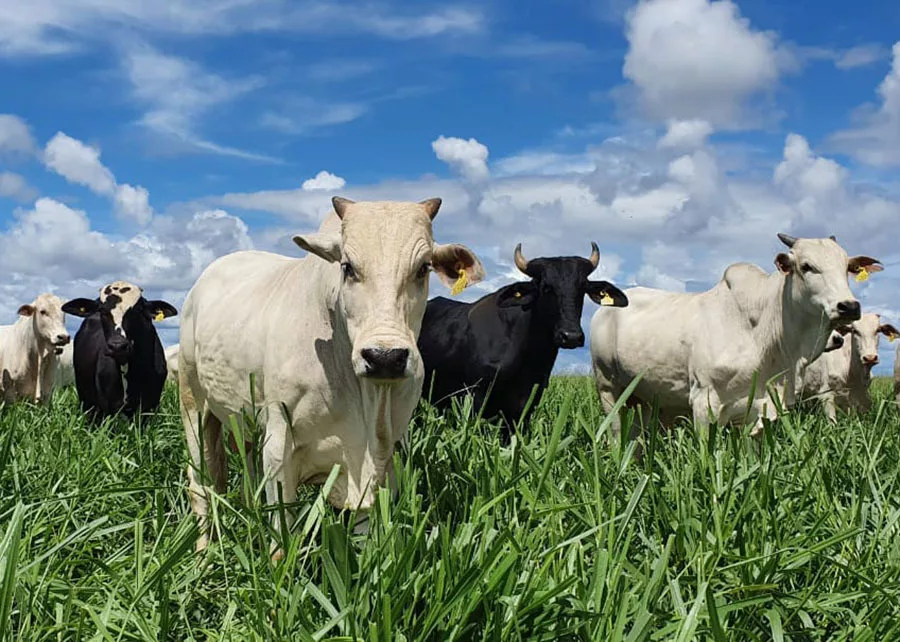
![24 Dec. 2023- Shirqat – Iraq – Ahmed Turki Naif, One of the beneficiaries of the training courses on modern agricultural methods in Shirqat is married and a father of two daughters, benefited from the project by adopting pivot sprinklers and drip farming after benefiting from the training course. his fealed work is growing barley, […] 24 Dec. 2023- Shirqat – Iraq – Ahmed Turki Naif, One of the beneficiaries of the training courses on modern agricultural methods in Shirqat is married and a father of two daughters, benefited from the project by adopting pivot sprinklers and drip farming after benefiting from the training course. his fealed work is growing barley, […]](https://planetacampo.canalrural.com.br/wp-content/uploads/sites/9/2025/02/undp_iq_dsc06266-scaled-1.webp)
